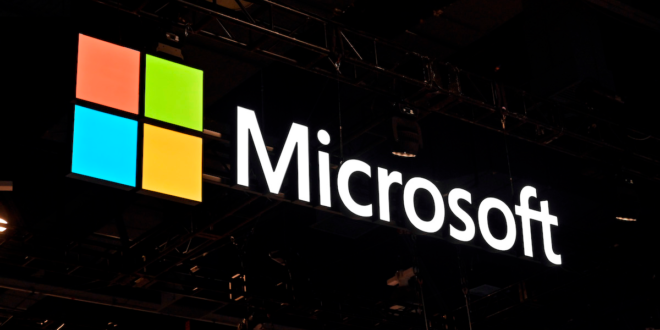Microsoft settled on Monday an antitrust lawsuit contesting its $69 billion dollar acquisition deal to buy Activision Blizzard in 2022.
Details of the settlement were not disclosed in court documents obtained by TheWrap. The suit was filed in California federal court by a group of video gamers across multiple states objecting to the deal — and just weeks after the Federal Trade Commission’s efforts to block the deal from closing, citing concerns of monopolistic business practices.
The lawsuit was dismissed with prejudice, meaning it cannot be filed again, with support from both sides following the settlement agreement. The initial filing claimed that Microsoft’s highly publicized deal to acquire video game production company Activision Blizzard could lead to the company canceling premium offerings, prioritizing Xbox releases and raising prices for consumers.
Particular scrutiny was placed on how the Activision acquisition would boost the standing of Microsoft’s Game Pass subscription service, which has seen its subscriber base increase by 10 million gamers since 2022. With offers of bonus items for Activision Blizzard games like “Call of Duty” and “Overwatch” if played on the Game Pass platform, Microsoft has used the titles now in its portfolio to attract new customers while raising prices for the premium form of Game Pass from $16.99/month to $19.99/month.
“As time passes, Microsoft continues to increase its market power, prices have increased, games continue to be cancelled, development capacities continue to diminish, and Game Pass continues to trend towards a monopoly,” wrote attorney Joseph Saveri in a court filing.
At the time of the initial filing, attorneys for Microsoft called the plaintiffs’ claims “unsupported and implausible.”
Microsoft isn’t the only major player in gaming that has faced lawsuits over anti-competitive claims. In August, four individuals filed a class action lawsuit against Valve, the company behind games like “Half-Life” and “Deadlock” which has become the market leader in PC gaming through its distribution platform Steam. In the lawsuit, Valve was accused of anticompetitive practices by charging developers a percentage of sales of games sold the platform, leading to costs passed on to customers, as well as clauses preventing developers from selling the games on other distribution platforms at lower prices or with other exclusive add-on items.
Source link



